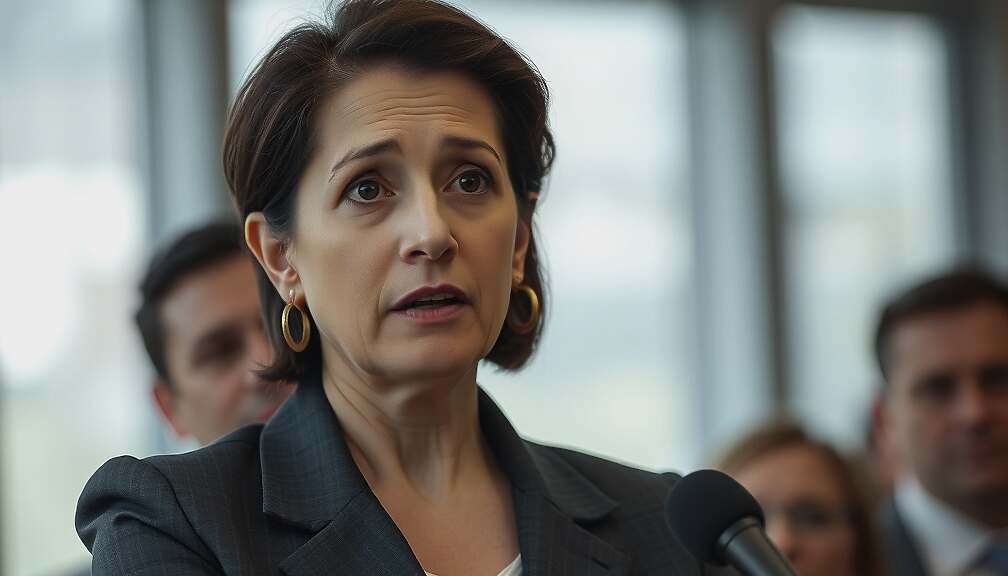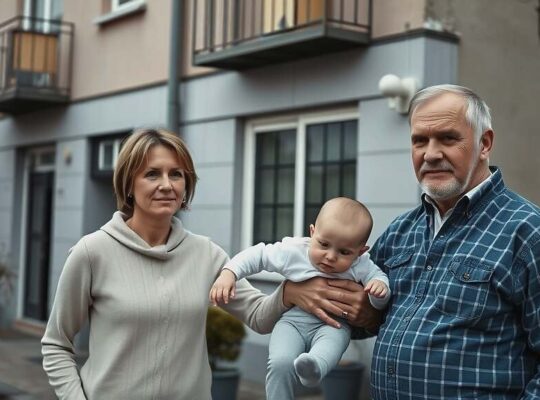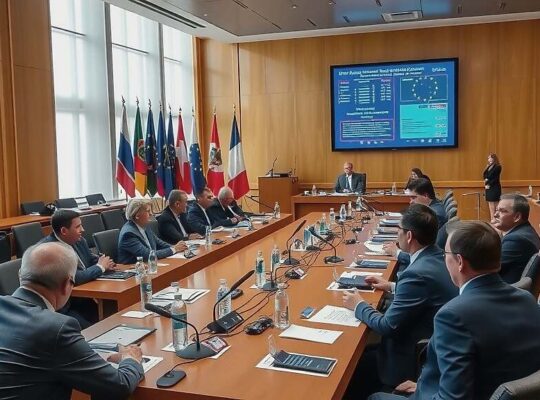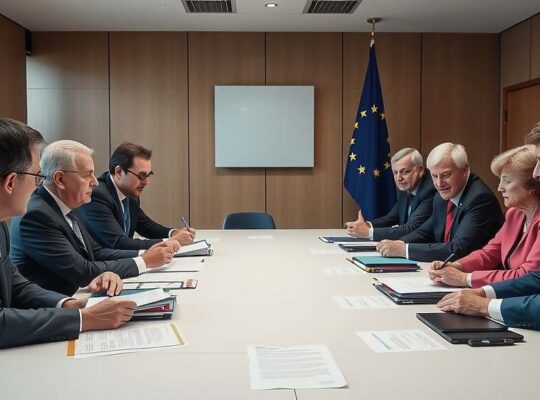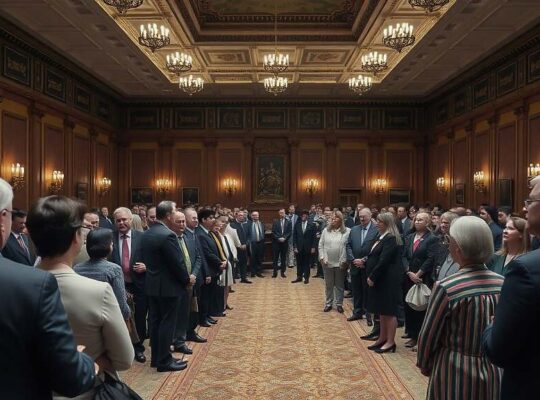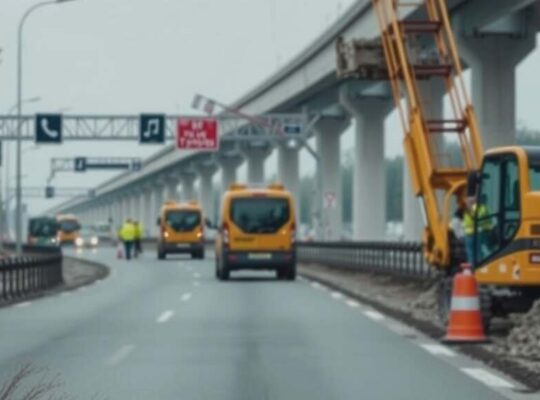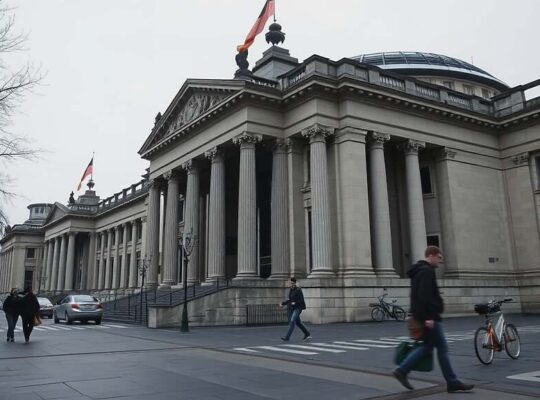Bundestag President Julia Klöckner of the Christian Democratic Union (CDU) has firmly rejected criticism regarding her decision not to hoist the rainbow flag at the Reichstag building for Christopher Street Day. Speaking to the “Süddeutsche Zeitung” Klöckner stated that the debate surrounding the flag had “lost a sense of proportion and moderation.
Klöckner defended her approach, explaining that it’s not feasible to raise flags for every worthy and significant cause. She cited “Orange Day” a campaign against violence against women, as an example of an important issue where flags are not raised. Unlike her predecessor, Bärbel Bas (SPD), Klöckner has limited the raising of the rainbow flag to the International Day Against Homophobia, Biphobia, Interphobia and Transphobia (IDAHOBIT) on May 27th. A petition calling for a reversal of her decision garnered over 220,000 signatures.
Addressing criticism regarding her views on the stances taken by religious institutions on contemporary political issues, Klöckner asserted that the criticisms were largely misdirected. Highlighting her personal background as a practicing Catholic, a theology graduate and a taxpayer of church taxes, she questioned the motives of those criticizing her, suggesting many had not even read the interview in question and were not members of the church. She emphasized the necessity for religious institutions to critically examine themselves, particularly in light of declining membership.
Responding to accusations of behaving in a didactic manner as Bundestag President, Klöckner clarified that she does not see herself as the “guardian” of parliamentarians. She stressed the importance of adhering to established rules, applicable to all factions, to foster clarity and reliability within the parliamentary process – crucial elements for rebuilding public trust in political institutions, especially given the current levels of polarization.
Klöckner also expressed a sense of unfair treatment, suggesting that women from the CDU are subjected to harsher scrutiny compared to their Green party counterparts. She pointed to an early-career interview where a journalist questioned her qualifications for the role, a question she believes would not have been posed to a male politician with a comparable career track record.
Expanding on this, Klöckner voiced broader concerns about the nature of public discourse. She argued that conversations often fail to reflect the realities and concerns of citizens across Germany. Direct engagement with local communities, she said, provides a more accurate understanding of the nation’s challenges. Drawing on her experience as a long-standing member of the Bad Kreuznach district council, she highlighted early warnings about the difficulties involved in integrating migrants which differed from prevailing narratives. She described such community involvement as a crucial “seismograph” for gauging public sentiment and understanding the lived experiences of citizens.


